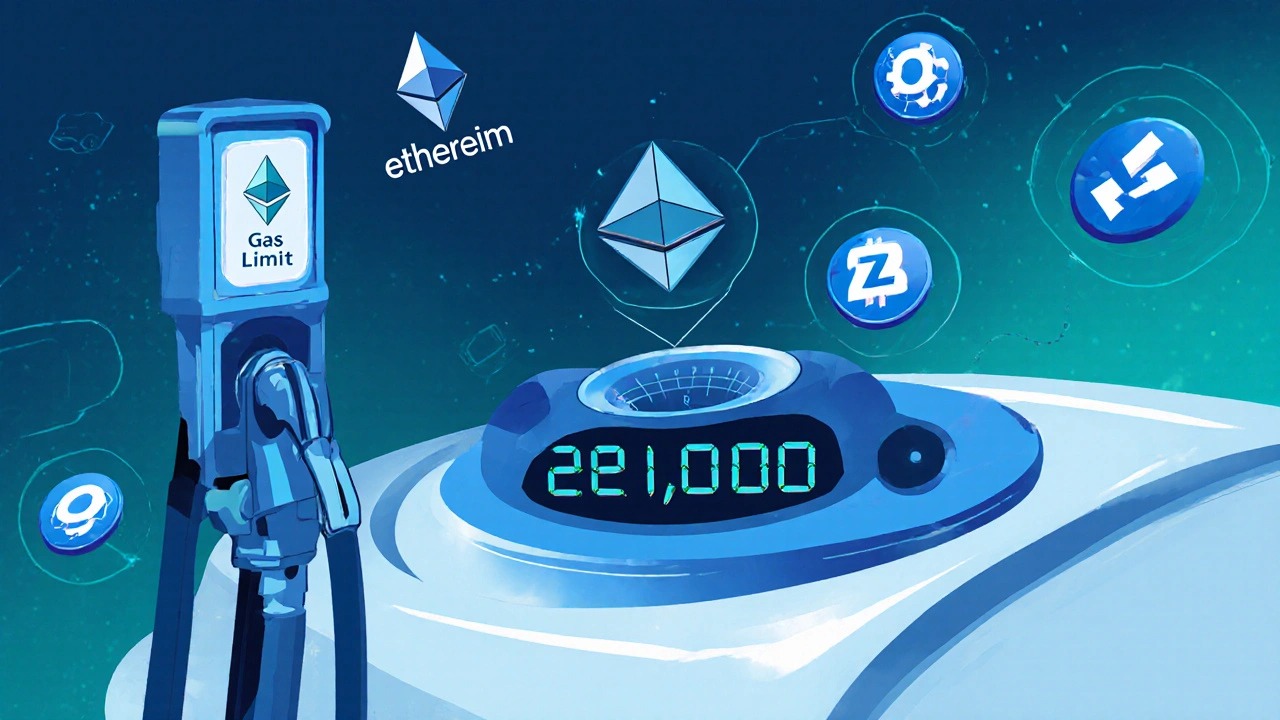Gas Limit Explained
When you send crypto, gas limit, the maximum amount of computational work you’re willing to pay for on a blockchain. It’s not a fee—it’s a cap. Think of it like setting a budget for how much work your transaction can do before it stops. If you set it too low, your transaction fails. Too high, and you pay more than needed. This isn’t magic—it’s mechanics. Every action on Ethereum, from sending ETH to swapping tokens, needs this limit to keep the network running smoothly.
Ethereum gas, the unit that measures the cost of processing transactions on the Ethereum network. It’s what keeps miners (or validators) motivated to include your transaction in a block. Without gas, nothing moves. And transaction fees, the actual money you pay based on gas used and gas price, are just the result of that system. You don’t control the gas price—it’s set by demand—but you control the gas limit. That’s your power. If you’re sending a simple ETH transfer, you don’t need 1 million gas. A basic transfer uses about 21,000. Smart contracts? They need more. A DeFi swap might need 200,000 or more. Most wallets auto-fill this, but knowing what’s reasonable saves you money.
Why does this matter to you? Because if your transaction sits forever in the mempool, it’s probably because your gas limit was too small. Or maybe you paid $50 in fees for a $10 swap because you didn’t understand how gas works. This isn’t just for traders. Anyone using crypto—sending gifts, buying NFTs, joining a DAO—needs to get this right. The gas limit isn’t something you ignore. It’s something you manage.
Looking at the posts here, you’ll find guides on crypto basics like DAOs, perpetual swaps, and Bitcoin block rewards—all built on the same blockchain infrastructure. Gas limit is the invisible engine behind them. You won’t find a single crypto transaction that doesn’t depend on it. Whether you’re just starting or trying to fix a failed swap, understanding this one number changes everything. Below, you’ll find real, practical posts that break down exactly how to handle gas, avoid overpaying, and make your crypto moves work every time.

What Is Gas Limit in Ethereum?
- by Cameron McComb
- on 6 Nov 2025
Gas limit in Ethereum is the maximum amount of gas you're willing to spend on a transaction. Learn what it is, how it works, and how to set it correctly to avoid failed transactions.
